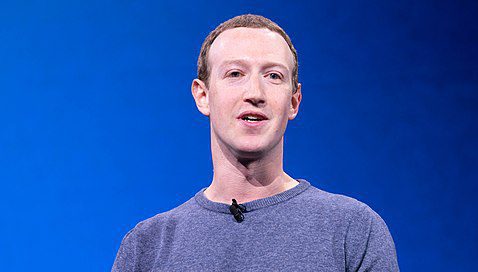Workers at Facebook able to work remotely will be permitted to do so after the pandemic is over, the company has announced.
The social media giant told employees “anyone whose role can be done remotely can request remote work”.
Facebook has diverged from rival big tech firms Apple and Google, which have asked staff to return to the office part-time in the coming months.
Mark Zuckerberg, Facebook’s CEO, said that he plans to spend up to half of 2022 working remotely.
The company’s offices are expected to open with the option to cater for full capacity in October, and employees without permission to work remotely will be required to come in for at least half of their working hours.
In comments to the Wall Street Journal, a Facebook executive declined to share what percentage of staff, numbering 60,000 globally, currently have permission to work from home, but shared that Facebook has approved around 90 per cent of requests.
In comments to BBC, the company confirmed the policy will only apply to those working with Facebook directly, and not to its subcontractors, who are widely engaged to carry out content moderation and reporting.
Writing to staff in a memo, Mr Zuckerberg shared his own experience of working from home, commenting that it had made him “happier and more productive at work” and that it had given him “more space for long-term thinking”. He also added that it allowed him to spend more time with family.
Inflation risk re-surging as tensions heat up between Israel and Iran
Oil and gold prices jumped after the latest strike by Israel
WATCH: Rare torrential rain in Dubai wreaks havoc and causes major disruption
Flooding hits shopping malls, destroying stock
Spain to end ‘golden visa’ scheme over property market impacts
While countries are slowly banning the practice, Malta remains firm in keeping the scheme alive






